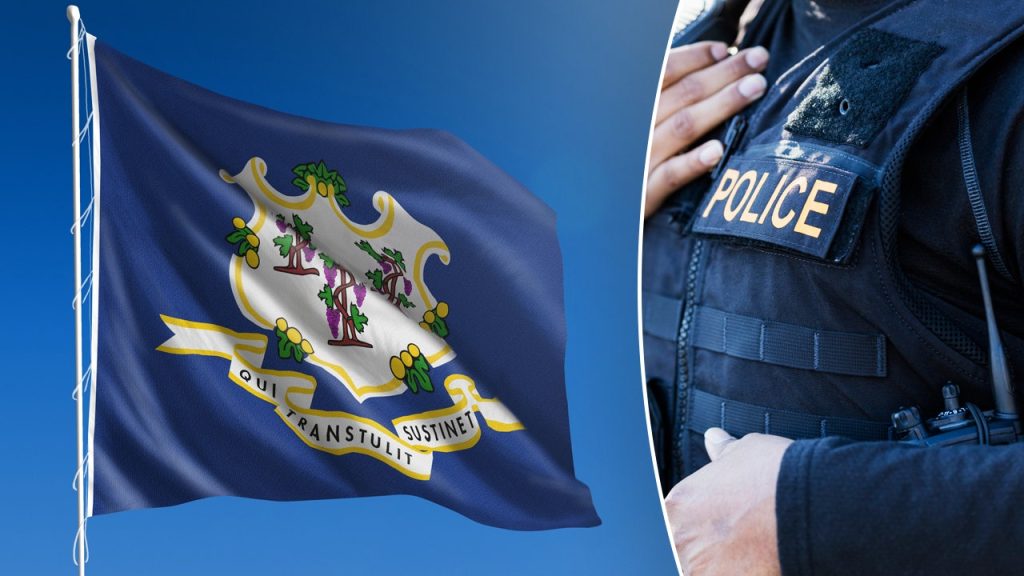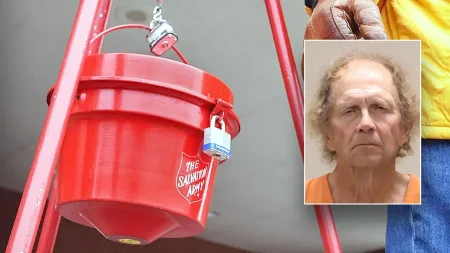Connecticut’s Quirky Laws: Fact vs. Fiction
The Nutmeg State, like any other, boasts its share of unusual regulations. Some are rooted in truth, while others are purely mythical. A prime example of the latter is the infamous “pickle law.” Internet lore suggests a Connecticut statute mandates that a pickle must bounce to be considered a genuine pickle. However, this tale originated from a 1948 Hartford Courant article recounting a legal dispute involving two pickle packers accused of selling spoiled pickles. During the investigation, the Food and Drug Commissioner suggested a bounce test as a quick quality check. The pickles in question, deemed “putrid,” splattered instead of bouncing. While this peculiar incident sparked the myth, no such law exists in Connecticut. The pickle packers’ woes stemmed from laboratory tests proving their product’s unsuitability for consumption, not a failed bounce test.
Beyond the pickle myth, Connecticut does have legitimate, albeit unusual, laws on its books. One such regulation concerns the sale of silly string in Meriden. Recognizing the potential for messy mayhem, the city restricts silly string sales to minors unaccompanied by a parent or guardian. Retailers must keep silly string products locked up, behind the counter, or otherwise inaccessible to the public. Violators face a $99 fine. This ordinance aims to prevent indiscriminate silly string spraying and maintain public order.
Another unusual Connecticut law pertains to the release of balloons. Joining nine other states, Connecticut regulates the release of helium or lighter-than-air gas balloons into the atmosphere. The law specifically prohibits releasing ten or more such balloons within a 24-hour period. While seemingly harmless, released balloons pose significant environmental risks. Wildlife often mistake balloons for food, leading to ingestion and potential harm or death. Discarded balloon strings also entangle animals, causing injury and restricting movement. Connecticut’s law reflects a growing awareness of the negative ecological impact of balloon releases.
The town of Rocky Hill boasts a unique law governing arcade games. The ordinance limits the number of “mechanical amusement devices” allowed in any public establishment or club to a maximum of four. Furthermore, operating such devices requires obtaining a license. This regulation likely aims to control the proliferation of arcades and their potential impact on the community. Violators face a $25 daily fine for each unlicensed machine. While the rationale behind this law may seem obscure, it demonstrates the localized nature of some regulations.
These examples highlight the diversity of Connecticut’s legal landscape, ranging from the mythical pickle law to the practical regulations regarding silly string, balloons, and arcade games. While some laws may appear quirky or even unnecessary, they often reflect specific local concerns and priorities, aiming to maintain order, protect the environment, or regulate specific activities. The pickle law, despite its fictional status, serves as a reminder of how anecdotal incidents can morph into widely believed myths.
The story of the bouncing pickle also underscores the importance of verifying information before accepting it as fact. The widespread belief in the pickle law demonstrates the power of urban legends and the ease with which misinformation can spread. While seemingly harmless, such myths can perpetuate inaccuracies and obscure the truth. It is always prudent to consult reliable sources and verify information, especially when encountering unusual or seemingly bizarre claims. The bouncing pickle, while entertaining, serves as a cautionary tale about the importance of fact-checking.








